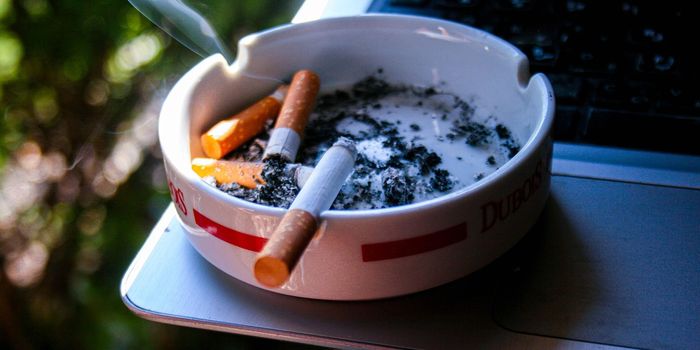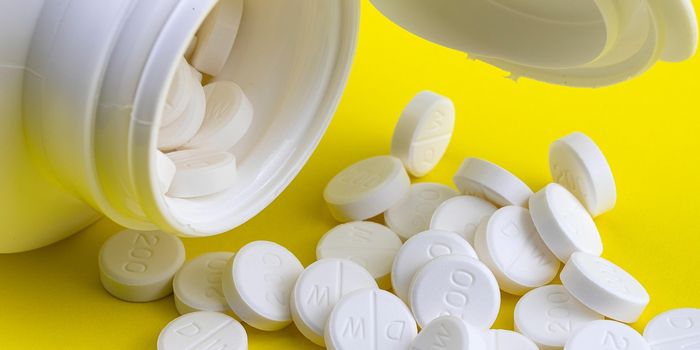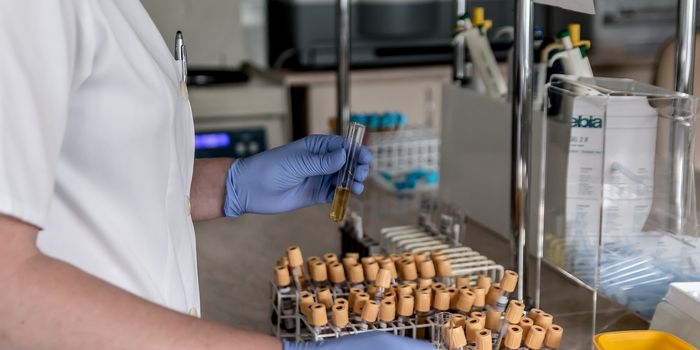Hope for patients with AML
Research published recently in the medical journal EMBO Molecular Medicine brings hope for leukemia patients with a report that a common and cheap drug may be able to be used in order to reverse treatment resistance in patients with acute myeloid leukemia (AML). AML is one of the most common forms of blood cancer, with an incidence of over 20,000 cases in the US annually.
The research comes from scientists at Karolinska Institutet and SciLifeLab, who conducted their initial investigations in mice and human blood cells and will soon begin a clinical trial in humans.
The team of researchers figured out a cocktail of substances that aid in inhibiting the effects of an enzyme called SAMHD1 on the conventionally used drug cytarabine (ara-C). Cytarabine, while already in use to treat AML, is only marginally effective because many patients’ high levels of SAMHD1 break down the key metabolite that makes the drug work. Hence, the researchers hypothesized that blocking SAMHD1 might make cytarabine more effective.
The cocktail they identified includes three different substances of ribonucleotide reductase inhibitors (RNRi): hydroxyurea, gemcitabine and triapine. "Adding any of these three substances significantly improved the effectiveness of the cytarabine-treatment in cell samples with high levels of SAMHD1," says Nikolas Herold, a researcher at the Department of Women's and Children's Health at Karolinska Institutet in Sweden. "This was true for AML samples from both adults and children. In AML-mice, we also saw that the median survival was significantly prolonged when cytarabine was combined with an RNR-inhibitor."
The good news is that these substances are already somewhat known for their anti-cancer potency. The researchers are putting a lot of focus on hydroxyurea, in particular, because it is inexpensive, and as Herold says, "Hydroxyurea is an approved drug that is already used to treat AML, so we think it has great potential.” He continues, referring to the team’s future endeavors: “If our research results can be confirmed in clinical trials, the treatment of AML could be significantly improved also in developing countries with limited resources since hydroxyurea is patent-free and doesn't cost more than ibuprofen."
The researchers will be working with the Swedish AML-group to start recruiting patients for their clinical study within a matter of weeks.
Sources: EMBO Molecular Medicine, Science Daily









